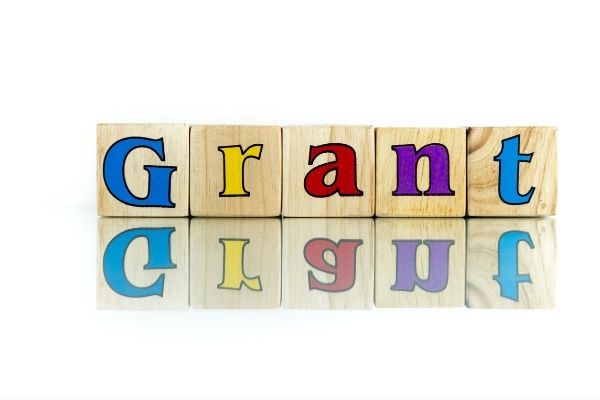Deadline: 23-Apr-21
The Stiftung Drittes Millennium (Foundation for the Third Millennium) is seeking application for its Grant Program to promote sustainability in all sectors of society. More specifically, it promotes action that places equal emphasis on responsible behavior in relationship to environmental, economic and social activities. Such behavior has as its source the awareness that all of us live on one planet and that this planet’s resources are finite.
The foundation works to help as many people as possible achieve the awareness and the freedom they need in order to discover the values that will enable them to live in a just and peaceful world. The foundation gives preference to organizations based in Switzerland and in neighboring European countries.
The growing gap between rich and poor, the ongoing destruction of their natural environment, wars and the accelerated consumption of non-renewable resources all threaten their society.
The Foundation does not support:
- Projects that are the responsibility of government or the public sector;
- Scholarships and grants;
- Meetings, workshops, conferences, events and travel costs;
- Theatrical productions, musicals, art;
- Publication costs;
- Projects that require indefinite commitment;
- Infrastructure projects;
- Operating costs per se;
- Research projects per se;
- Educational materials;
- Purely commercial projects.
Eligibility Criteria
The following criteria are imperative requirements for consideration of an application:
- All projects must be sustainable in that they combine ecological, social, and economic aspects and promote them simultaneously and in a balanced way:
- Long-term environmental: materials are used in closed cycles. Soil and water quality and availability are improved. Native biotopes increase, and biodiversity is promoted.
- Socially just: The target population is actively involved in the project. The goals are personal independence, self-determination, and individual responsibility. Human and civil rights are respected, and conflicts are resolved without violence.
- Economic independence: Economic conditions are improved by creating new or additional environmentally sustainable jobs and businesses. This requires local education, for example “training of trainers” or “from poacher to game preserver”, so that new cells using these models can be formed. The population becomes economically independent and has access to markets.
- Sustainability is implemented practically and tangibly and is measureable
- Awareness of the connection between individual behavior and the environment is promoted.
- The project not only solves acute problems but also investigates their causes and develops preventive measures.
- The local situation improves.
- They know the project partners, and their competence is proven.
- In every part of the project, sustained dialogue is nurtured. Open cooperation promotes uncomplicated personal contact, which leads to relationships based on mutual trust.
- Projects which fulfill the following criteria comprehensively in addition to the criteria listed above will be given preference:
- Other interested parties are shown the advantages of a sustainable lifestyle and are given examples for implementation.
- The project raises public awareness and thus improves the climate for producing systems change via policy-making or lawgiving.
- Project participants contribute however they can to the project. They do this financially, materially; through infrastructure or whatever other means they have available.
For more information, visit http://www.stiftung-drittes-millennium.com/en/foerderung/index.html
